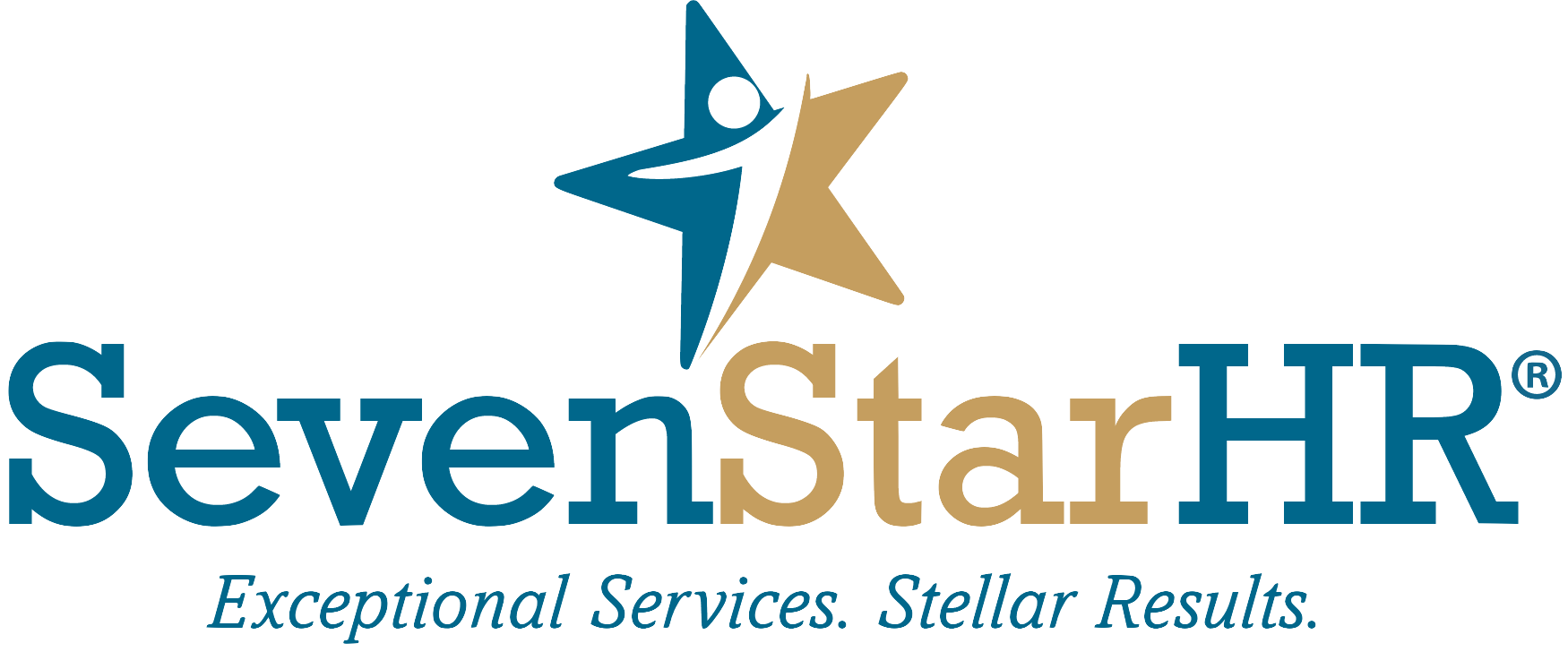Is Your Employee Handbook Out of Step with New DOJ Guidance?
The U.S. Department of Justice (DOJ) recently released its most detailed statement yet on what it views as illegal diversity, equity, and inclusion (DEI) practices. While the guidance specifically targets federal funding recipients, it signals broader expectations that may affect all employers subject to federal anti-discrimination laws.
If your organization has any DEI-related language in your handbook—or implements policies that reference race, sex, or related characteristics—you’ll want to pay close attention. Now is the time to review and revise with caution.
What the DOJ Is Saying
Released on July 30, 2025, the Guidance for Recipients of Federal Funding Regarding Unlawful Discrimination outlines five categories of practices it deems potentially illegal under federal anti-discrimination laws. The focus? Preventing what the DOJ sees as preferential treatment or segregation based on protected characteristics such as race, sex, religion, and national origin—even if the intent is positive or rooted in DEI goals.
Here's a breakdown of the five flagged practices:
1. Preferential Treatment Based on Protected Traits
Examples include:
Race- or gender-specific internships or scholarships.
Hiring practices that prioritize "underrepresented groups."
Creating “safe spaces” or resources only accessible to certain identity groups, with the exception of sex-segregated intimate spaces.
2. Use of Proxies for Protected Characteristics,
This means using seemingly neutral criteria that may serve as stand-ins for identity, such as:
Requiring diversity statements or “overcoming adversity” narratives.
Evaluating “lived experience” or “cultural competence” in a way that favors certain backgrounds.
Targeting recruitment efforts based on the racial or ethnic makeup of certain areas or schools.
3. Segregated Programs or Resources
This includes:
DEI training programs that divide employees into identity-based groups.
Access to resources (like lounges or networks) that is restricted based on identity.
Any form of separating or grouping employees by race, ethnicity, or other protected traits—unless explicitly allowed by federal law.
4. Use of Protected Characteristics in Selection Criteria
Mandating that a percentage of job candidates come from diverse backgrounds.
Prioritizing female-owned or minority-owned businesses over equally qualified competitors.
Selecting participants for leadership or mentorship programs based on identity.
5. Training Programs That Promote Hostility or Stereotyping
Trainings that are seen to stereotype, demean, or single out individuals based on their identity could now be considered discriminatory. Even requiring participants to affirm certain beliefs or acknowledge privilege may be problematic. Indeed, using language such as "all white people are inherently privileged," "toxic masculinity," etc., may violate Title VI or Title VII by creating a “hostile environment”, according to the guidance.
Why This Matters Beyond Federal Contracts
The guidance directly applies to federal funding recipients, but it reflects a broader enforcement stance. The DOJ has launched a “Civil Rights Fraud Initiative” aimed at rooting out perceived misuse of DEI practices under the False Claims Act. Employers across sectors should now anticipate closer scrutiny of their hiring, training, and promotion policies.
What Employers Should Do Now
Audit your employee handbook and related HR materials. Review hiring practices, training requirements, and promotion language for any use of protected characteristics—or proxies for them.
Reconsider language that suggests identity-based criteria. Avoid diversity quotas, mandatory DEI statements, or anything that prioritizes background over job qualifications - whether directly or indirectly.
Scrutinize training content and resource access. Avoid segregated programming or content that could be viewed by the DOJ as stereotyping or exclusionary.
Document your decisions. Keep records showing how selections are made, using measurable performance indicators and job-related qualifications.
Update anti-retaliation and complaint procedures. Ensure your reporting channels are robust, confidential, and easy for employees to access if they feel discriminated against.
Need to Revisit Your Handbook?
Handbooks are one of the first places regulators and attorneys look when examining employer practices. Now more than ever, they need to reflect not just your culture—but also your compliance.
If your handbook includes DEI-related policies or references to hiring or promotion preferences, it’s time for a careful update. We can help assess your policies in light of the latest DOJ guidance and build a compliant, practical employee handbook that aligns with your values and protects your business.
Let’s make sure your handbook is working for you—not against you.

